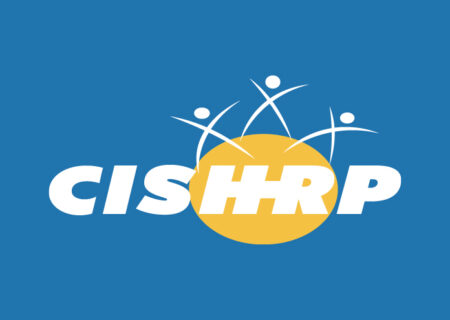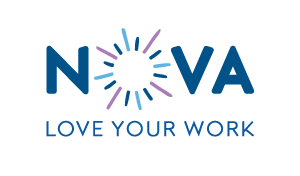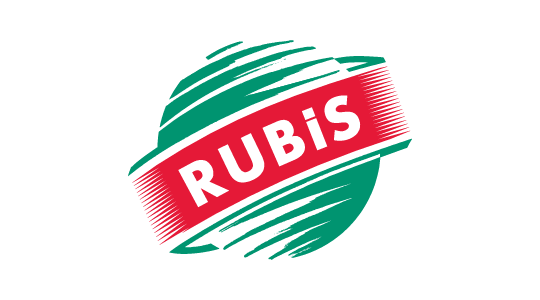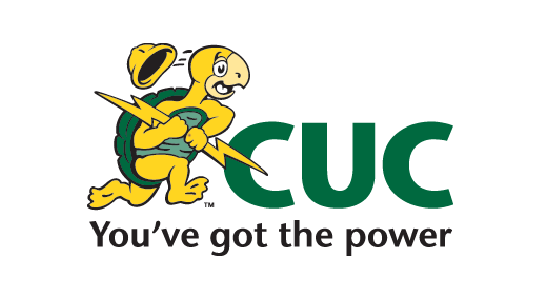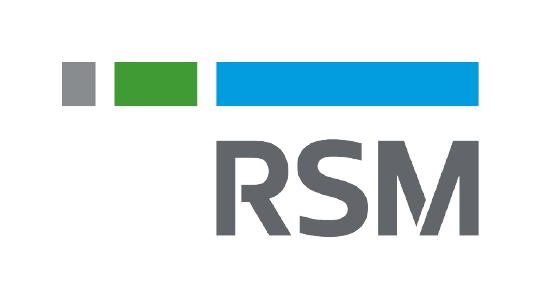Have you just started a new position? Congratulations! The days of job searching, emailing your resume out, meeting with recruiters, prepping and attending interviews are done, but now the real work begins. Avoid these common mistakes when you’re first starting to make sure you set yourself up for long-term success.
The first few weeks in your new role can set the tone for your future in the company, where you fit in, and the relationships you will build with your colleagues and teammates. When starting a new job, most individuals might dive head-first into proving their competence in their new role but may not realize they are making crucial mistakes that may follow them as time goes on.
As a full-time recruiter, I have had the unique opportunity to work directly with hiring managers and HR teams across 100+ companies in Cayman as they look to find the perfect fit for their teams. This list summarises some of the most common mistakes made that make a difference when new starters are looking to develop a stellar reputation when starting a new position.
Being Afraid to Ask Questions
Sometimes you start a new position, and it all seems to fall into place, but if it doesn’t, don’t be afraid to speak up and ask for help. New starters often feel that asking for help is a sign of weakness in showing you aren’t as competent, but nobody expects you to know it all on day one. Without asking for help when needed, that is a fundamental weakness, and it will only hurt you more as time goes on.
Now, I’m not saying you should ask every question that comes to mind; sometimes, you have to take the initiative to figure things out on your own, but everyone was new at some point, so reach out and ask when needed. Asking questions can help you gain clarity on work, improve your colleague’s perception of you, and ensure that you know what is expected of you moving forward.
Taking Criticism Personally
Criticism can be a difficult pill to swallow sometimes, especially when you’re in a new position, and you haven’t entirely found your footing yet. Even though this may feel uncomfortable at times, it is almost always said to help you become a fully functional part of the team and used as a training/development tool. So, if your team lead or supervisor offers you a critique, accept it with grace, make a note, and keep it in mind for the future when conducting similar tasks again and learn from your mistakes.
Talking Excessively About Your Previous Job/Company
Previous work experience has shaped you; you have learnt from it, and often it is why your new employer hired you, but it doesn’t mean you should spend all your time comparing your former workplace with your current. There is value in your experience, and if you can apply that to your new work and projects, you should share your knowledge and thoughts but keep negative thoughts and comments to yourself.
Forgetting to Mingle
When a hiring manager looks for someone to join their team, they look for a fit for the team and not just the position. So, it’s essential that when you start your new role, you keep this in mind, find ways to meld in with the company culture at your new organization and start cultivating relationships with your coworkers outside the realm of email and Microsoft Teams.
It might feel like extra work, but taking the time to get to know your colleagues will lead to a more enjoyable workday and show that you not only have the expertise and knowledge to do your job but that you are motivated to be a part of the team and contribute to the overall success of the organization.
Feeling Like You’re Above Performing Specific Tasks
When you’re in a new position, you’ll likely be assigned some smaller tasks to help get you up to speed. Don’t scoff at this work; take it as a chance to show how well you can perform and build trust with your colleagues. Without that, future assignments may go to someone else.
Even after your first few weeks, I have noticed that one of the most significant indicators of an individual’s success is their willingness to step out from their job title and help get work done. Being a team player doesn’t just mean chatting over some coffee in the breakroom; it also means assisting on tasks where maybe you wouldn’t traditionally. It means being part of the solution.
Starting a new job is daunting, no matter if it’s your first position or a strategic next step in your career. You will make mistakes, and there is always more to learn, but I hope this advice can help you settle into your new role with more confidence.
_________________________________________________________________________________
Rosie Ryan is a Recruitment Consultant with Nova Recruitment, one of the primary partners of Connect by Nova. If you are currently located in the Cayman Islands and are looking for a dedicated recruiter to help you love your work, Rosie and the team at Nova Recruitment are here to help.
For more tailored career development advice, feel free to email connect@nova.ky and speak to a member of the career team about training and bespoke services offered to help you #AchieveCareerSuccess.







